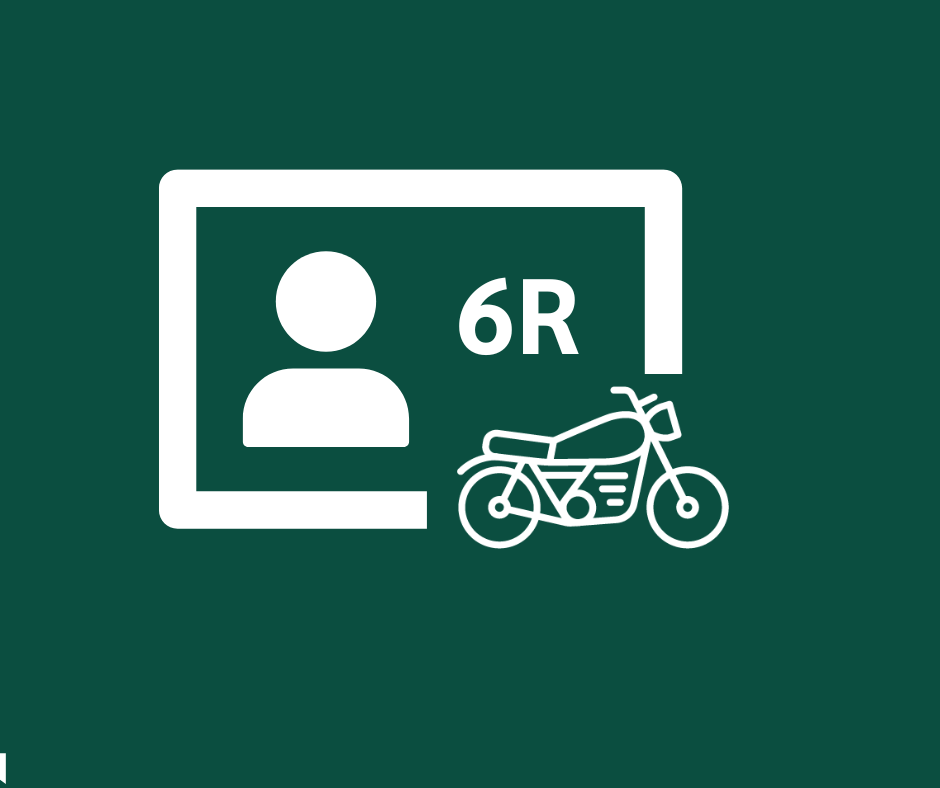Safety dos... and dont’s
Even if recent-model cars rarely break down nowadays, there are still a few things that should be done every now and again. Some people will turn to the dealer from whom they purchased their vehicle, others will prefer bringing it to their local garage or mechanic, and still others will opt for doing as much of the necessary maintenance as possible on their own.
Here are a few maintenance tips for those of you with gas-powered vehicles:
- Refer to the owner’s manual. Whether you purchased a new or used vehicle, there should be an owner’s manual in the glove compartment. This guide usually has an entire chapter dedicated to vehicle maintenance.
It also usually includes one or more tables listing the necessary inspections and maintenance, based on the number of kilometres driven. Not sure how to make heads or tails of what you’re seeing? No worries. Your mechanic will know what needs to be done.
- Be rigorous and attentive . A lot of people tend to postpone things like oil changes. This is a really bad idea, because old and oil can cause your engine to age prematurely. If the oil change light appears on your dashboard, that's a clear sign that it's time to get to it.
If any warning lights or symbols appear on your dash, if you hear unusual noises or if you find your gas consumption rising, there’s likely something going on under the hood of your vehicle. Better have it checked out before a tiny problem becomes bigger, and bigger…
- Extra maintenance or preventive measures. We’ve all seen news reports about garage owners who encourage customers - at a hefty cost - to have various maintenance or preventive measures done on their vehicle, even when they aren’t referred to or required in the owner’s manual. If your vehicle runs like it always has, the maintenance recommended in your owner’s manual is likely all you need to have done.
Of course, if you feel like your vehicle isn’t running like it used to (less power, takes more gas, etc.), you could be due for a tune-up.
While you may not be a mechanic, you “know” your vehicle and should follow your gut. If a mechanic, dealer or other party recommends measures that leave you unsure, don’t hesitate to get a second opinion. You may need to pay a small fee for a diagnosis, but any niggling doubts will be put to rest.
- Wash your vehicle, even in winter! Regularly washing your vehicle keeps it in much better condition. Winter or summer, remove all dried dirt everywhere on and under your vehicle as a way of preventing rust from settling in. Automatic car washes (mostly found in garages) can do a good of cleaning your entire vehicle, including the underside.
Never forget - drive responsibly and keep your vehicle in good condition.


